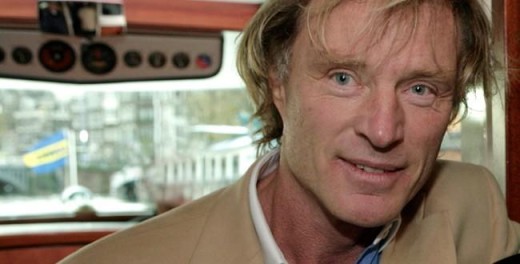
The myth of Curacao as an independent, or autonomous nation, a shared imagination of its population, is faltering.
After its formation on 10-10-10, political leaders called for nation building, which initially led to a far going division of ‘us and them.’
The battle call of ‘Yu-di-Korsou of the world unite in your new motherland,’ did not catch on. ‘Us-and-them’ became ‘us-versus-them’ and was posted by political leaders as a battle of the races of the suppressed colonialized victims against white usurpers. Nobody volunteered to fight on the barricades, and the bloody fight of the suppressed for national identity and independence did not ensue; rather it fizzled out.
The Nation of Curacao is an imagined order, a myth, that gradually over a long time gathered more and more adherents. Unfortunately, after the most recent election, it became apparent that not one, but a magnitude of myths is floating around, all looking for faithful followers.
Election results were such that a coalition between the different myths had to be formed to reach a parliamentary majority of believers. Extensive negotiations produced an agreement, secret to the faithful followers, but enough to start developing an executive. Dissidents within one party sabotaged the new government formations by demanding a backdoor power structure for their various factions.
The problem of Curacao is starting to look like Venezuela’s; there are not enough followers for each of the factions. Crowds, critical mass, are needed to carry the new truths and realize them through government.
Paradoxically, at a time when unification within the new nation of Curacao was essential, fragmentation could not have been more extensive. Following the lead of fragmentation of evangelical churches, more than twenty political parties called in for the elections while many other groups remained on the sidelines hoping for some form of influence.
If there is no sufficient collective support for the ‘Nation myth of Curacao,’ it will deteriorate and collapse. We are seeing the very same thing happening in front of our very eyes in the neighbor country of Venezuela.
As long as enough people in Venezuela believed in the myth of Bolivarianism or Chavism, it was the one and only truth of an imagined reality. The moment the tide turned, and millions got hungry, little remained of the Bolivarian fairy tale. Myths of imagined orders need people to believe in them.
The historical perspective of what is now The Netherlands went the same way. The “Republic of the Seven Low Lands, ( 1648-1795)” did not last and became the “Batavian Republic ( 1795-1806).” In turn, the Batavian Republic flipped into an “Imperial Province of France ( 1806-1815)” and eventually into the “Kingdom of the Netherlands ( 1815-1940, 1945- present).” Each and every identity was a common myth, which only lasted as long as people were ready to believe and support it.
Curacao is another imaginary entity and requires mutual adherence to survive, not fragmented dreamers.
By Jacob Gelt Dekker
Opinion columnist for Curaçao Chronicle


A refreshing view on the political situation in Venezuela, the future of Curacao and the past of (soon to be republic) Kingdom of the Netherlands.